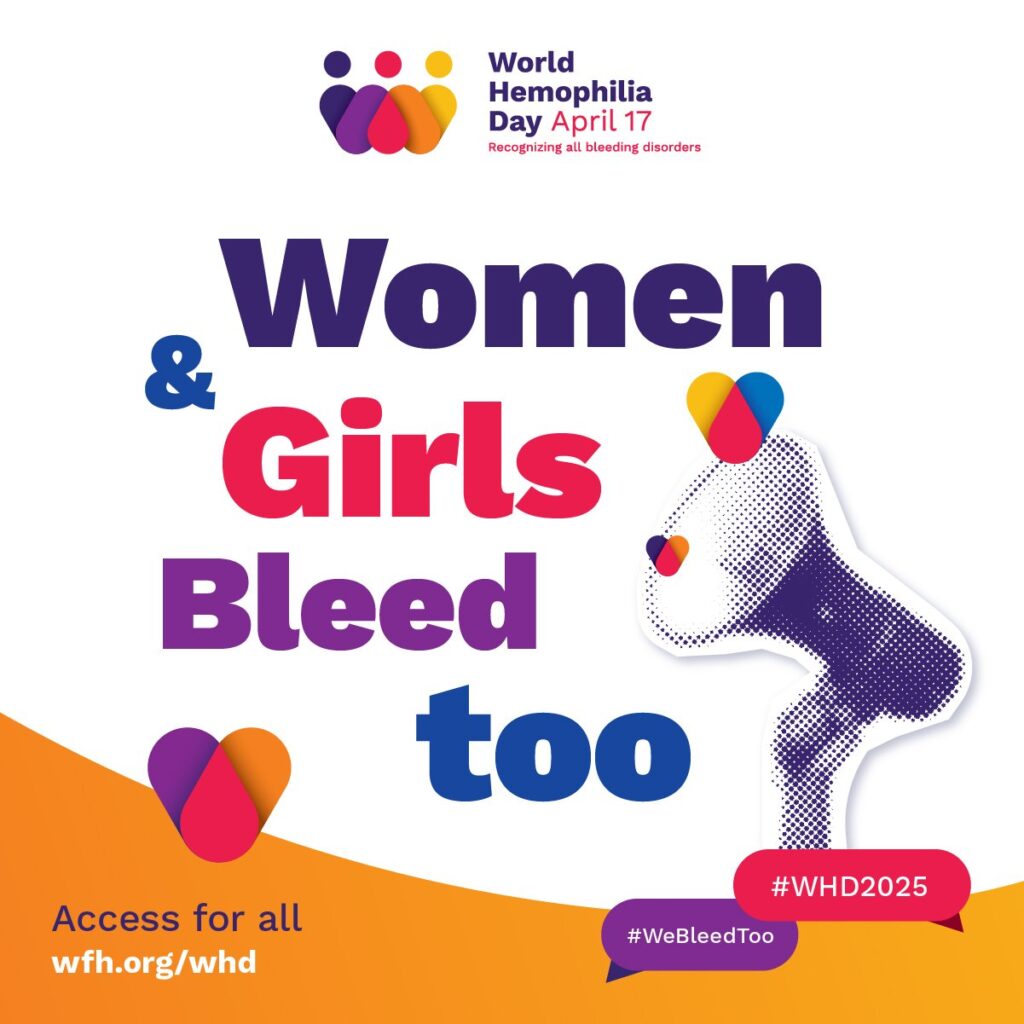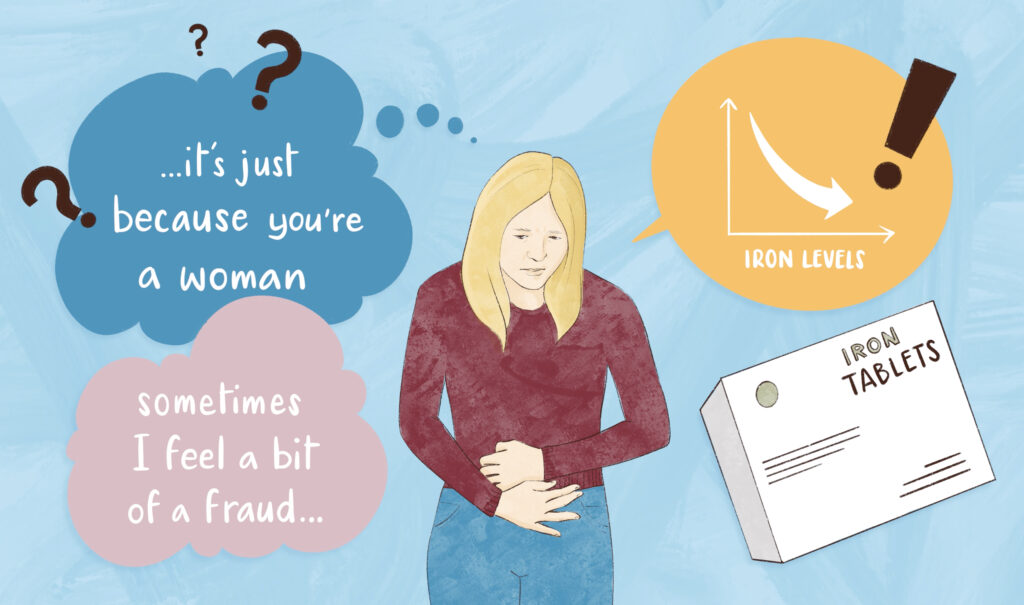Awareness rising, testing possible … now for the politics
After negotiating the morning traffic, we arrived at the Pope Paul VI memorial Hotel (“no firearms inside”), where those who came from out of town had spent the night. Agnes and the Haemophilia Foundation of Uganda team were setting up the vast hall and, as with any such event, we all wondered how many would turn up. As familiar faces started wandering in, and children started playing, everyone started to relax. The final count was 116.
The programme for the day contained presentations from Kate and local clinicians, as well as patient stories and small group work. The questions that people asked focused on home care in the absence of factor, and the potential for treatment and cure in the future. The day was made possible by the Novo Nordisk Haemophilia Foundation team, and turned out to be a great success.
But for most, the main focus was the diagnoses following Friday’s testing. In many cases, the diagnoses simply confirmed clinical signs, which generally meant confirming a severe diagnosis. But there were surprises, particularly in the number of diagnoses of possible von Willebrand disease, and some bright spots. On Tuesday we had met Gensa Joseph (above) and his baby brother in Masaka. The 10-year-old had painful joints and could only walk with crutches. He’d previously been diagnosed but his parents brought the baby for testing and were overjoyed to hear he would not suffer in the same was as his older brother.

Much of this has been the result of Agnes media appearances – radio and TV shows are the best way to reach people in Uganda. So while we pampered westerners may have complained about the journalists’ interruptions on the testing day it was all worthwhile when last night we started seeing reports appearing in the press and on YouTube.
https://www.youtube.com/watch?v=j0FQGNv65I4
While some of the nuances of the reports can be questioned, the basic message is getting out there. Haemophilia results in painful and shortened lives but is a treatable condition if appropriate services are in place. But the political willingness to develop those services must be in place.
The challenge for Agnes and HFU is now to start changing minds at that level. She’ll take Sunday off but will start work Monday.
Mike Holland is the founder of Haemnet and The Journal of Haemophilia Practice


